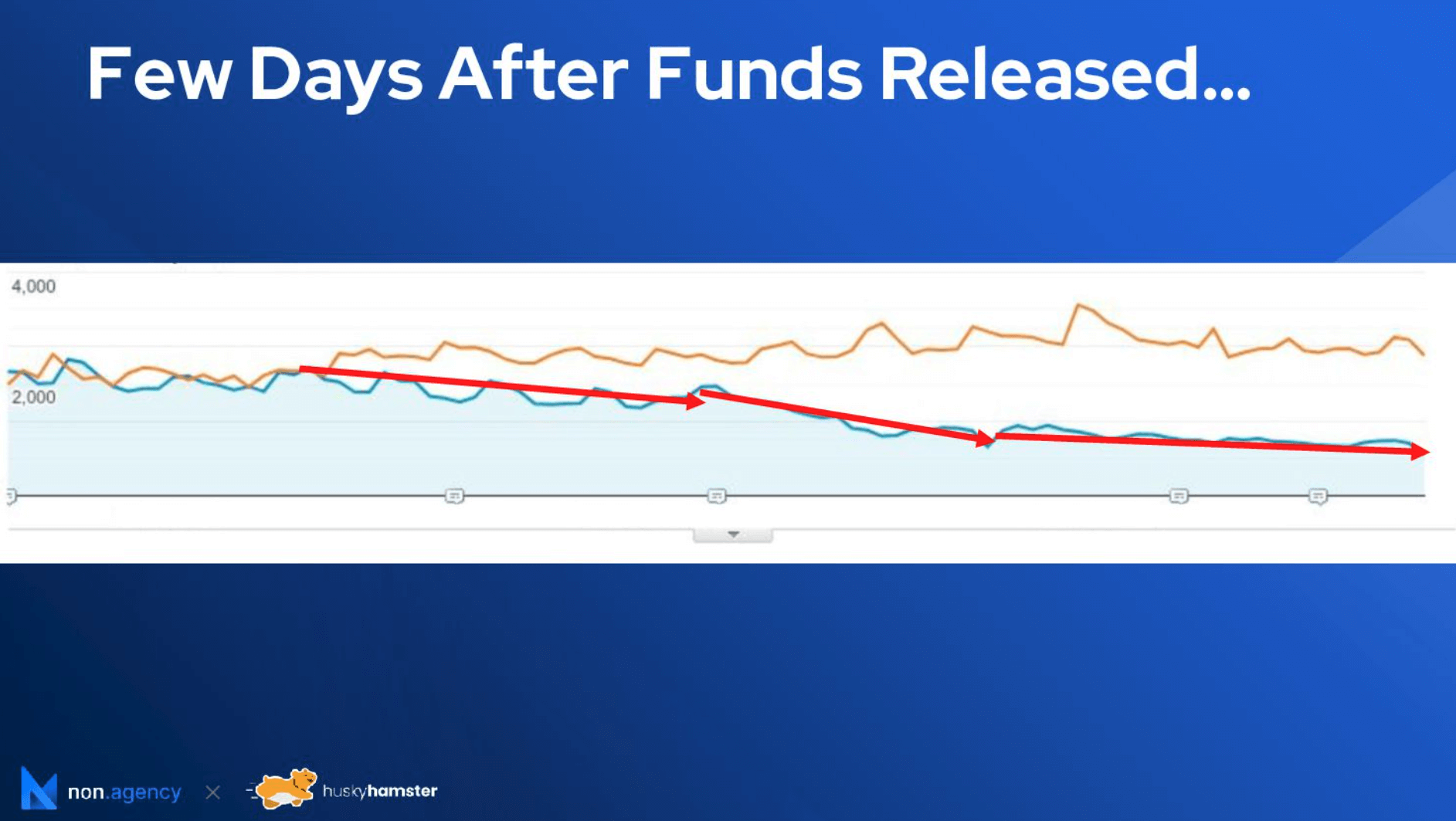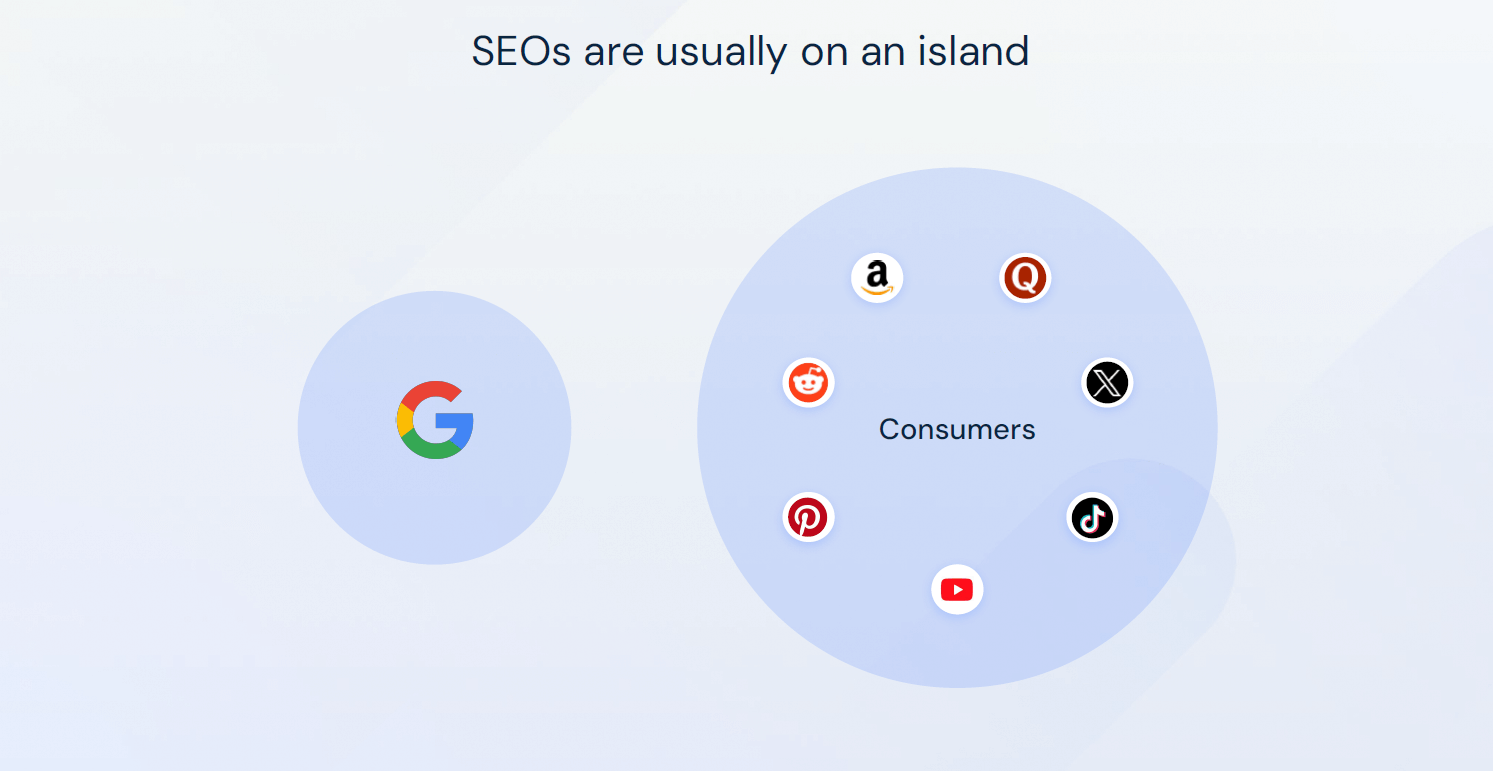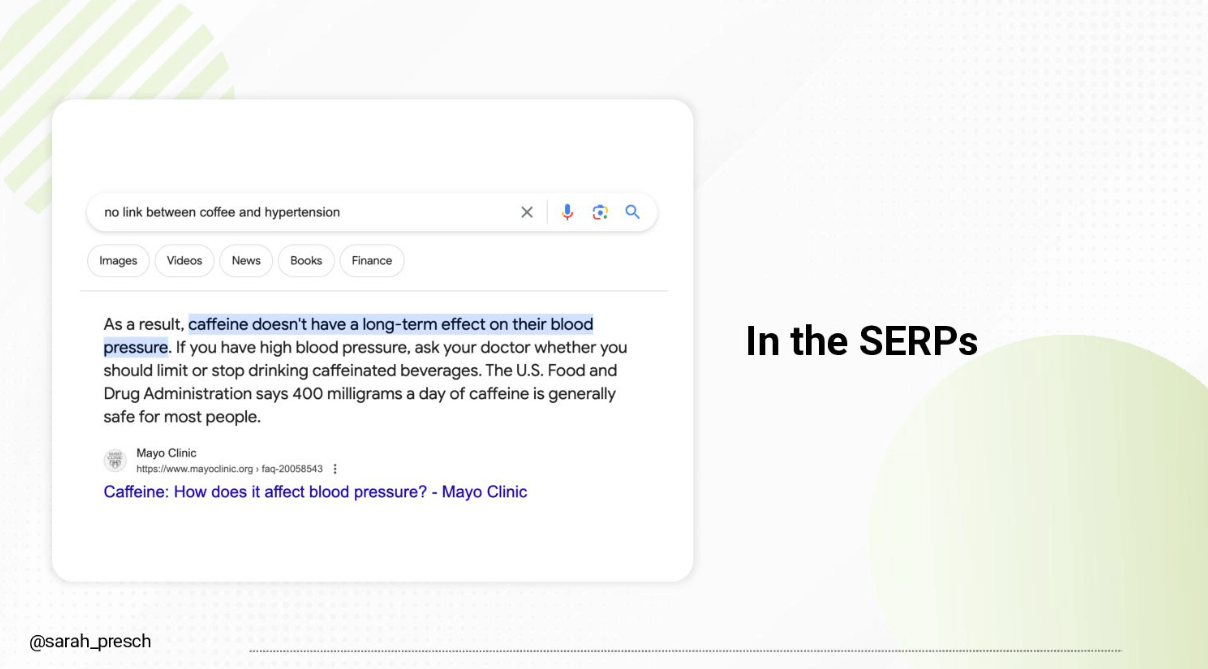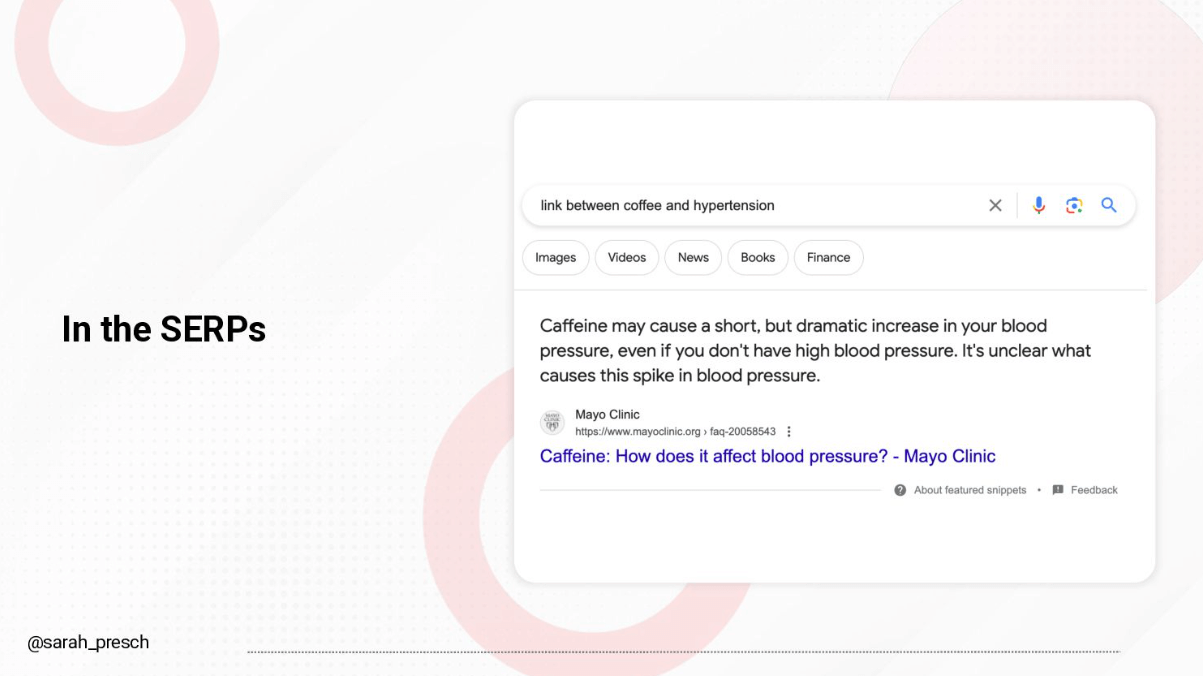5 Key Takeaways from BrightonSEO 2024

Every year, SEO enthusiasts from around the world come together to participate in the BrightonSEO conference, a haven for those looking to discover new SEO tools, sharpen SEO strategies, trade SEO tips, and learn about innovative ideas. As someone who’s been doing SEO for the past 8 years and having attended BrightonSEO in 2022, I knew I had to go back to dive deeper into the world of search engine optimization. The insights and connections made this year were nothing short of transformative.
So, let’s dive into the 5 key takeaways from BrightonSEO 2024:
1. Work hard on managing SEO processes
Topic: From Algorithmic Penalty to 373% Revenue Increase (A Case Study)
Speaker: Rad Paluzak, Co-Founder at NoN Agency and Husky Hamster
Rad Paluzak kicked off with a gripping case study about managing SEO processes during a crisis. Their client faced an unimaginable scenario: shortly after purchasing a new website, traffic plummeted by 40%. Sounds like a nightmare, doesn’t it?
Rad’s approach involved a comprehensive audit, identifying critical issues such as:
⚡ Duplicate content and index management
⚡ Missing alt text for images
⚡ Page speed and core web vitals
⚡ Multiple or missing Hx tags
⚡ Absent meta descriptions
The strategy didn’t stop there. They addressed navigational and structural issues, tackled Google Search Console errors, and investigated potential penalties and negative SEO attacks.
The main takeaway Rad highlighted is that it’s not just one thing that you need to fix and your traffic will be back, it’s everything, the whole picture. More importantly, it’s how you work smart to manage it, for a client that’s suffering.
Following their hard work at fixing everything, they saw the website traffic increased, and even leading to a 373% revenue increase!
2. SEO beyond Google: It’s not just about Google anymore
Topic: Search Engine Omnipresence: Why SEOs Need to Look Beyond Google
Speaker: Gerald Murphy, Senior Solution Business Manager at Similarweb
Gerald Murphy urged us to shake off the “Google or bust” mentality. He reminded everyone that the search landscape is evolving, with users flocking to platforms like YouTube, Reddit, and Amazon.
Being adaptable and aware of trends on these platforms can be a game-changer. What’s hot on TikTok today might be tomorrow’s trending search on Google. Keeping an eye on these trends can significantly bolster your SEO strategy.
3. You only get one shot with YouTube SEO
Topic: SEO for YouTube: Growing and Scaling Your Brand’s Channel
Speaker: Ana Llorente Pérez, Head of Content at Doofinder
Ana Llorente Pérez delved into YouTube SEO, emphasizing the unique challenges and opportunities it presents. Unlike traditional SEO, YouTube offers a narrow window—24 hours—to make an impact.
She gave a really good example with HubSpot’s YouTube channel which has over 100K subscribers, but there are new videos with just a few hundred views:
Ana’s top tips included:
⚡ Conducting thorough research before scripting
⚡ Understanding search intent and preferred formats
⚡ Promoting your video heavily within the first 24 hours
⚡ Continuously reviewing and tweaking thumbnails and titles
The importance of consistency and mobile-friendly graphics was also highlighted, ensuring your content stands out in a crowded space.
4. Google doesn’t challenge your Search, it affirms it
Topic: Confirmation Bias: What People Are REALLY Searching For
Speaker: Sarah Presch, Digital Marketing Director at Dragon Metrics
We’ve discussed the pros and cons of confirmation bias in marketing, and also had an interesting podcast about the topic from an SEO perspective. However, Sarah Presch‘s session explored the psychological elements of search, particularly confirmation bias. In line with E-E-A-T (Experience, Expertise, Authoritativeness, and Trustworthiness) guidelines, she explained that people don’t just seek information; they seek validation.
Search results often align with the user’s preconceptions rather than challenge them. This behavior can distort SERPs and highlight unreliable sources.
Users tend to share without checking credibility, some do this knowingly, and they accept online friends’ recommendations to reform existing ideas. Anybody can become an author, information can be shared quickly and on a large scale, and misinformation can spread fast.
This impacts the SERPs in regular search results, and featured snippets, on SGE (Now AI overviews). Google doesn’t challenge your search, it affirms it.
Here’s a quick example of how the way you search triggers different results:
See the problem? And if you look closely, it’s the same website ranking for both queries!
Sarah proposed several strategies to combat this, including:
⚡Linking to authoritative sources
⚡Encouraging comprehensive user understanding
⚡Supporting protective laws for users
⚡Minimizing internal biases
⚡Fact-checking rigorously
⚡Utilizing qualified writers to enhance E-E-A-T
5. You can create an SEO strategy for something no one is searching for
Topic: Category Building: How Do You Make Your Mark in This Uncharted Territory?
Speaker: Filipa Olmo, COO at Unik SEO
Filipa Olmo opened a fascinating discussion on “category building,” an SEO strategy for new products or concepts without existing search queries. Instead of focusing on keyword research, this approach involves pioneering original categories.
Here’s the deal. New products, startups, groundbreaking ideas – these things don’t have established searches or keywords. There’s no magic formula for this kind of SEO strategy because, well, nobody’s searching for it yet! But Filipa says that’s the beauty of it. You get to be the architect, building the foundation for future searches.
Filipa’s steps for effective category building:
- Find a need: Identify unresolved problems or unmet needs.
- Spread the word: Utilize social media and community engagement to raise awareness.
- Be the solution: Develop content that addresses the identified need, focusing on user value over brand promotion.
While daunting, category building can position you as an authority from the outset, capturing search traffic as the category gains traction.
Wrapping up on a Bright(on) note
As the final sessions concluded, I left BrightonSEO 2024 feeling both energized and inspired. The speakers at the conference offered a treasure trove of actionable insights, covering topics from crisis management in SEO to expanding your keyword research beyond Google, to optimizing for YouTube, understanding the psychology of search, pioneering new categories, and more.
The knowledge and connections I gained are going to elevate my SEO strategies and approach, and I’m already looking forward to applying some of these innovative tips and seeing their transformative impact on the SEO we’re doing here at Similarweb.
Want access to fresh insights to be able to improve your SEO every day? Similarweb offers a suite of keyword research tools that deliver valuable data, helping you identify growth opportunities and untapped keywords in real-time.
The #1 keyword research tool
Give it a try or talk to our marketing team — don’t worry, it’s free!












